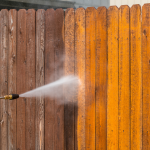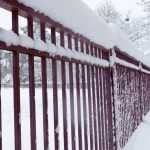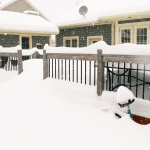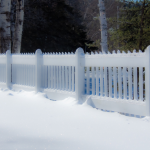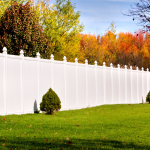Chain link fencing is a popular choice for residential properties, known for its durability, cost-effectiveness, and ease of installation. However, like all fences, chain link fencing requires care and maintenance, particularly to prevent rust and corrosion which can mar its appearance and reduce its lifespan.
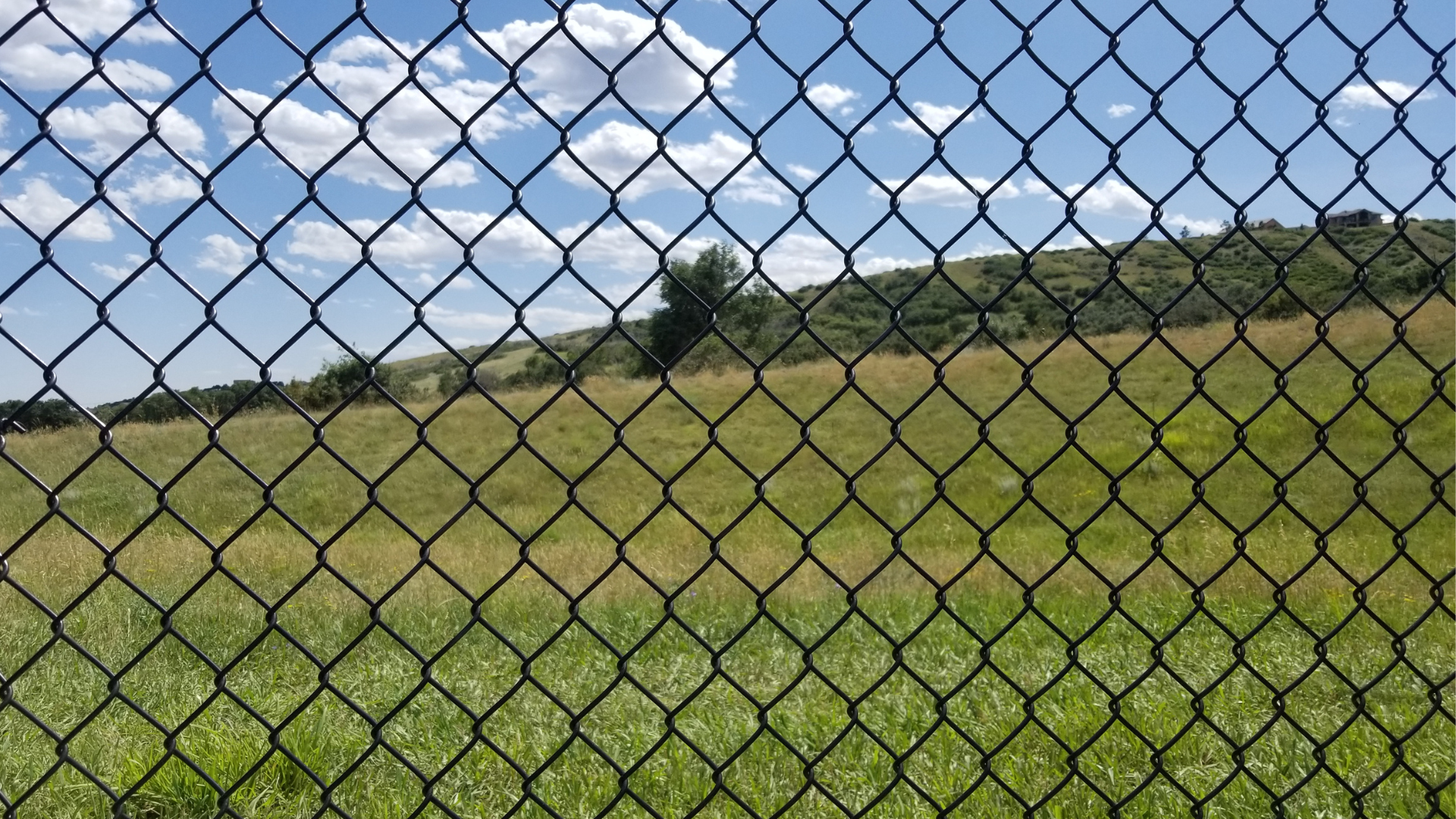
1. Understanding Rust and Corrosion
Before we delve into preventing rust and corrosion, let’s understand what they are. Rust is a form of iron oxide that forms when iron or an alloy containing iron, like steel, is exposed to moisture and oxygen for an extended period. Corrosion, a more general term, refers to the disintegration of any material into its constituent atoms due to chemical reactions with its surroundings.
2. Proper Installation
Proper chain link fencing installation is key to preventing rust and corrosion. A poorly installed chain link fence may have areas where the metal is exposed, making it more susceptible to rust. As a leading provider of residential fence installation in Clarksville, TN, we ensure every fence we install is correctly fitted to reduce the likelihood of rust and corrosion.
3. Ensuring Proper Drainage
Poor drainage in your yard can result in standing water around your fence, which can contribute to rust and corrosion. Ensure that your yard has appropriate grading and drainage to prevent water from pooling around your fence.
4. Regular Inspections
Regular inspections are crucial in maintaining the condition of your chain link fence. Keep an eye out for any signs of rust or corrosion, particularly in areas where the metal is exposed to moisture. The sooner you can detect and address any signs of rust, the better chance you have of preserving the fence’s condition and longevity.
5. Prompt Repairs
If you do notice areas of rust or corrosion on your fence, it’s essential to address them as soon as possible. Smaller areas can often be treated using a wire brush to remove the rust, followed by the application of a rust-inhibiting paint. For more substantial areas of damage, you may need to replace the affected section of the fence.
6. Cleaning Your Fence
Keeping your chain link fence clean can also help prevent rust and corrosion. Over time, dirt and debris can accumulate on your fence, trapping moisture against the metal. Regular cleaning, at least once or twice a year, can help remove this buildup and reduce the risk of rust. Use warm soapy water and a soft brush to clean the fence, and rinse it off with a garden hose.
7. Using Rust Inhibitors
Rust inhibitors are products that you can apply to your fence to prevent rust from forming. They work by forming a protective barrier that prevents moisture and oxygen from reaching the metal. Some products can even convert existing rust into a paintable surface, helping to further extend the life of your fence.
8. Choose a Vinyl-Coated Chain Link Fence
One of the best ways to prevent rust and corrosion is to choose vinyl-coated chain link fencing during fence installation. This type of fence has a vinyl coating that provides an additional layer of protection against the elements. Besides offering protection, the vinyl coating is available in different colors, allowing you to match the fence to your home’s exterior.
9. Professional Maintenance and Repair
While DIY care and maintenance can go a long way towards preserving your fence, there are times when professional help may be necessary. A professional local fencing company has the tools and expertise to effectively address any issues you run into.
With the proper care and maintenance, a chain link fence can remain attractive and functional for many years. Whether it’s choosing a vinyl-coated fence, regular cleaning, or using rust inhibitors, every step you take towards preventing rust and corrosion can significantly extend the life of your fence.
For more information about residential fence installation, contact Clarksville Fencing today. We’re always here to help ensure that you get the most out of your investment.


